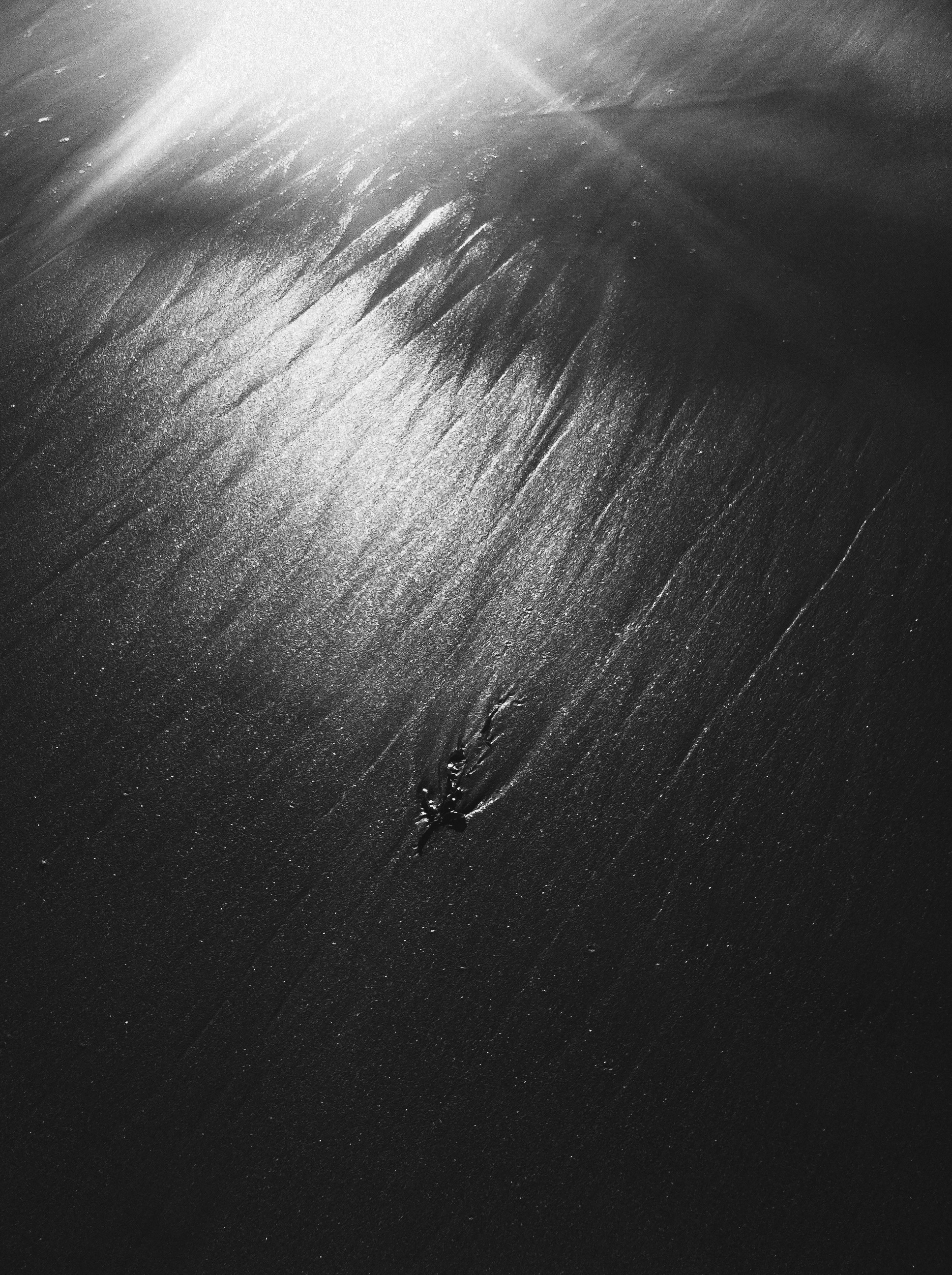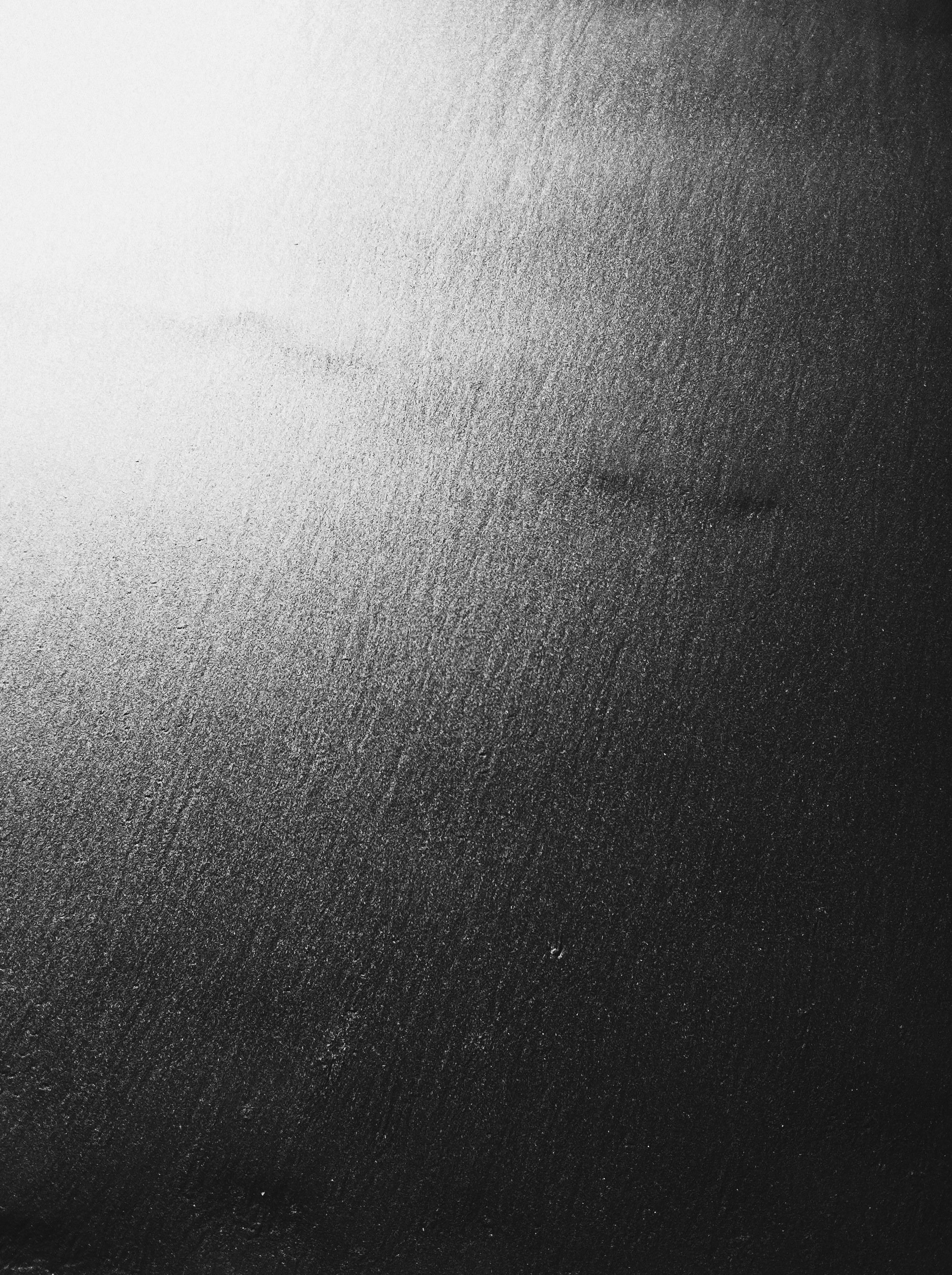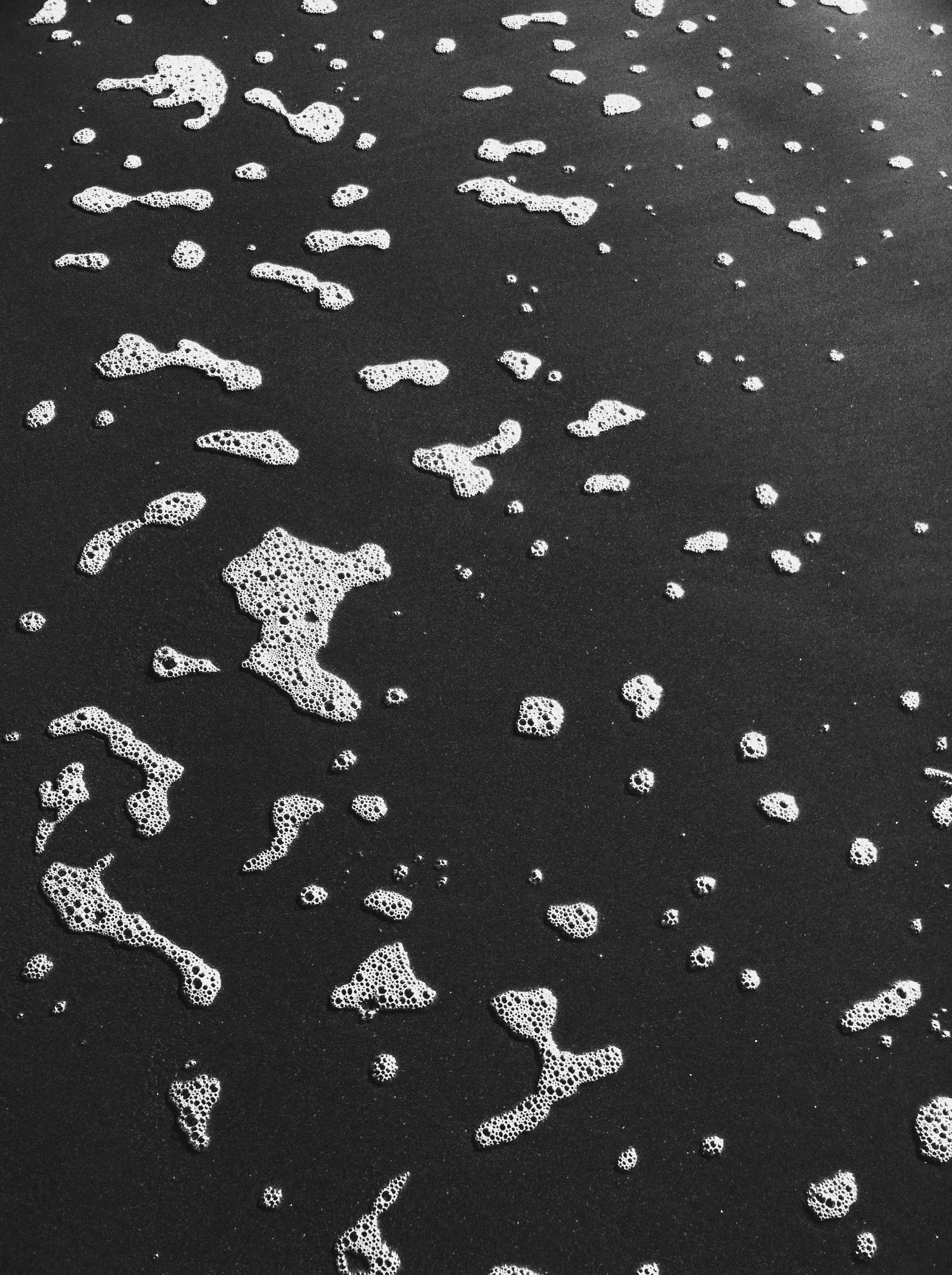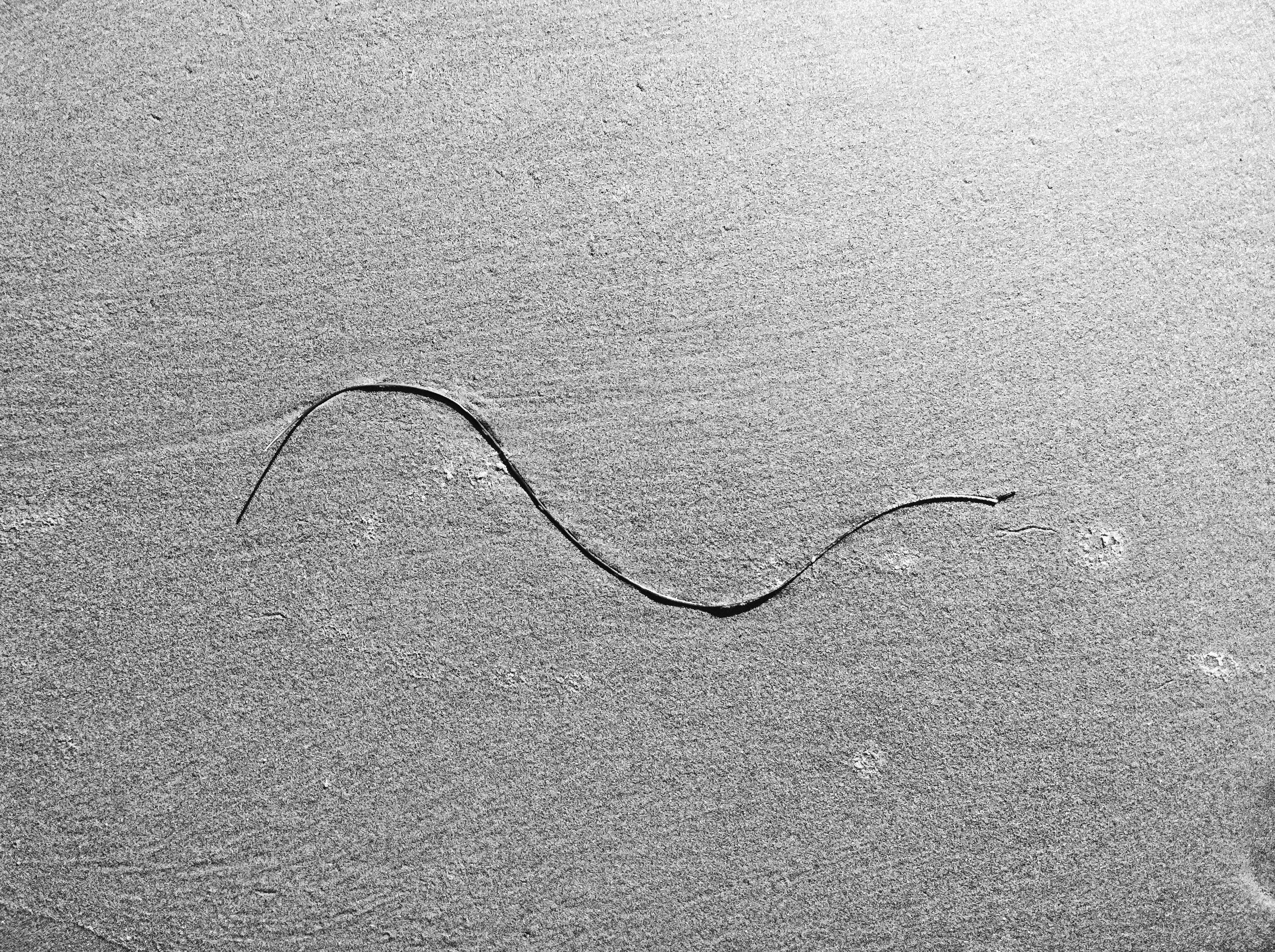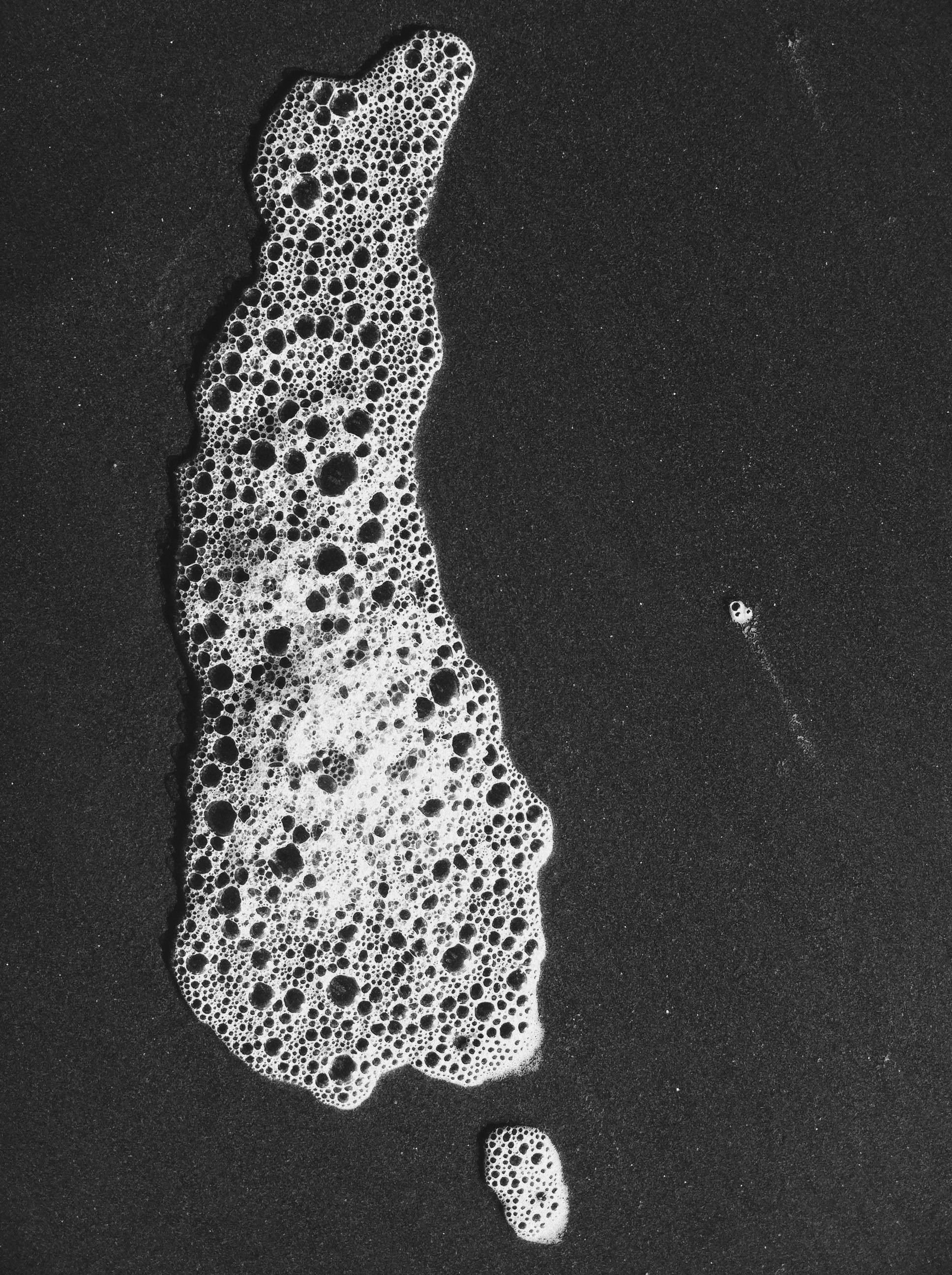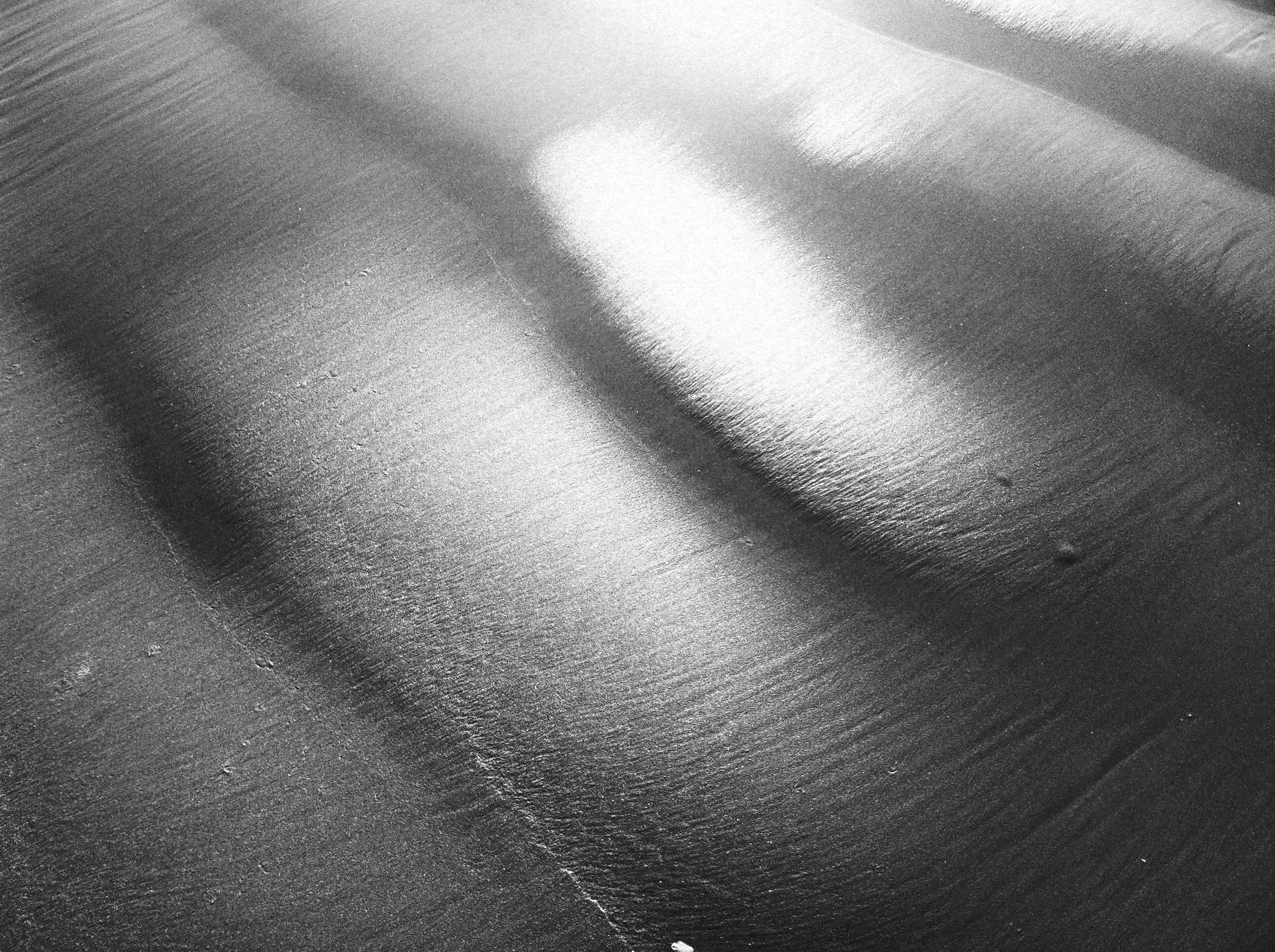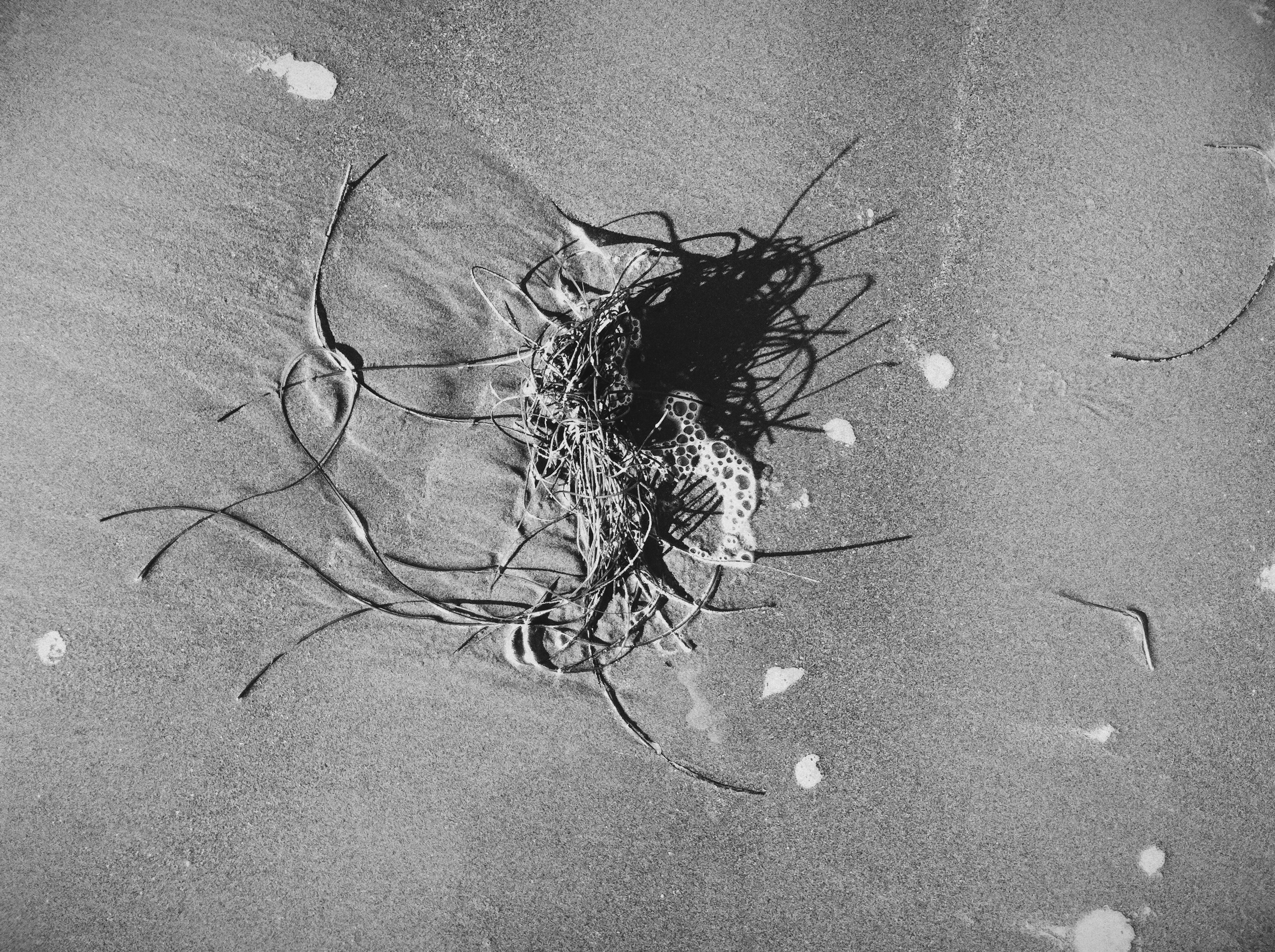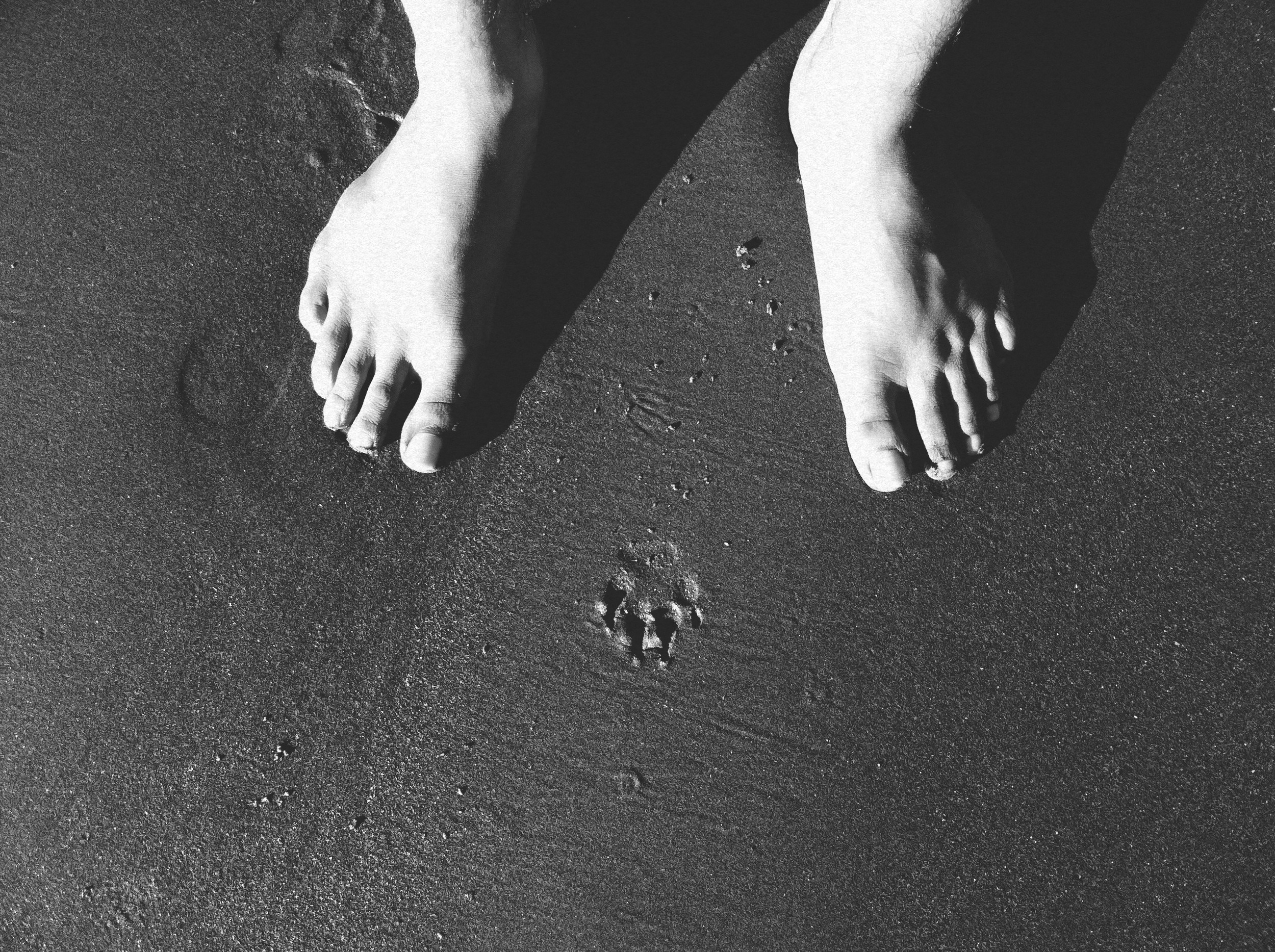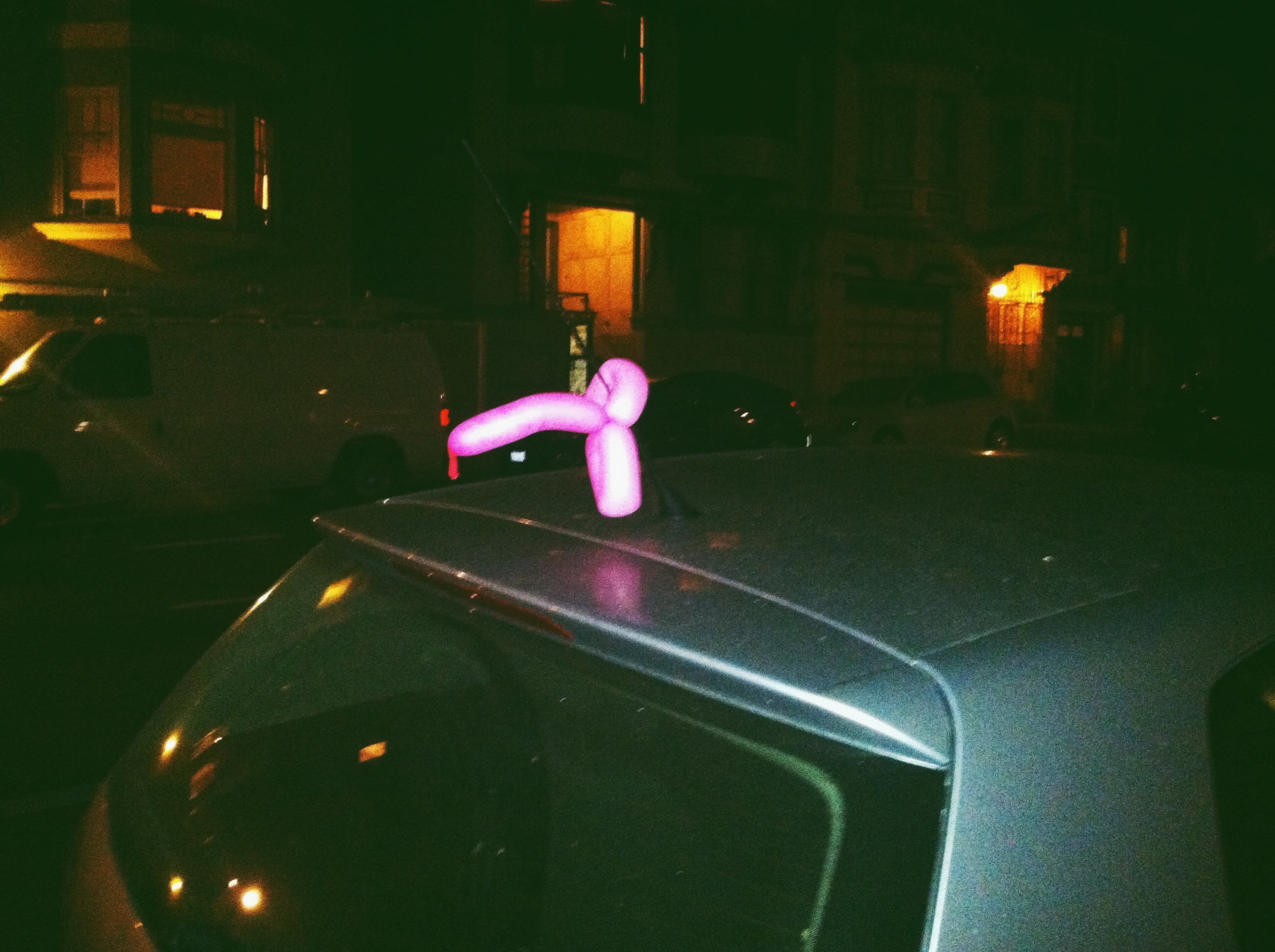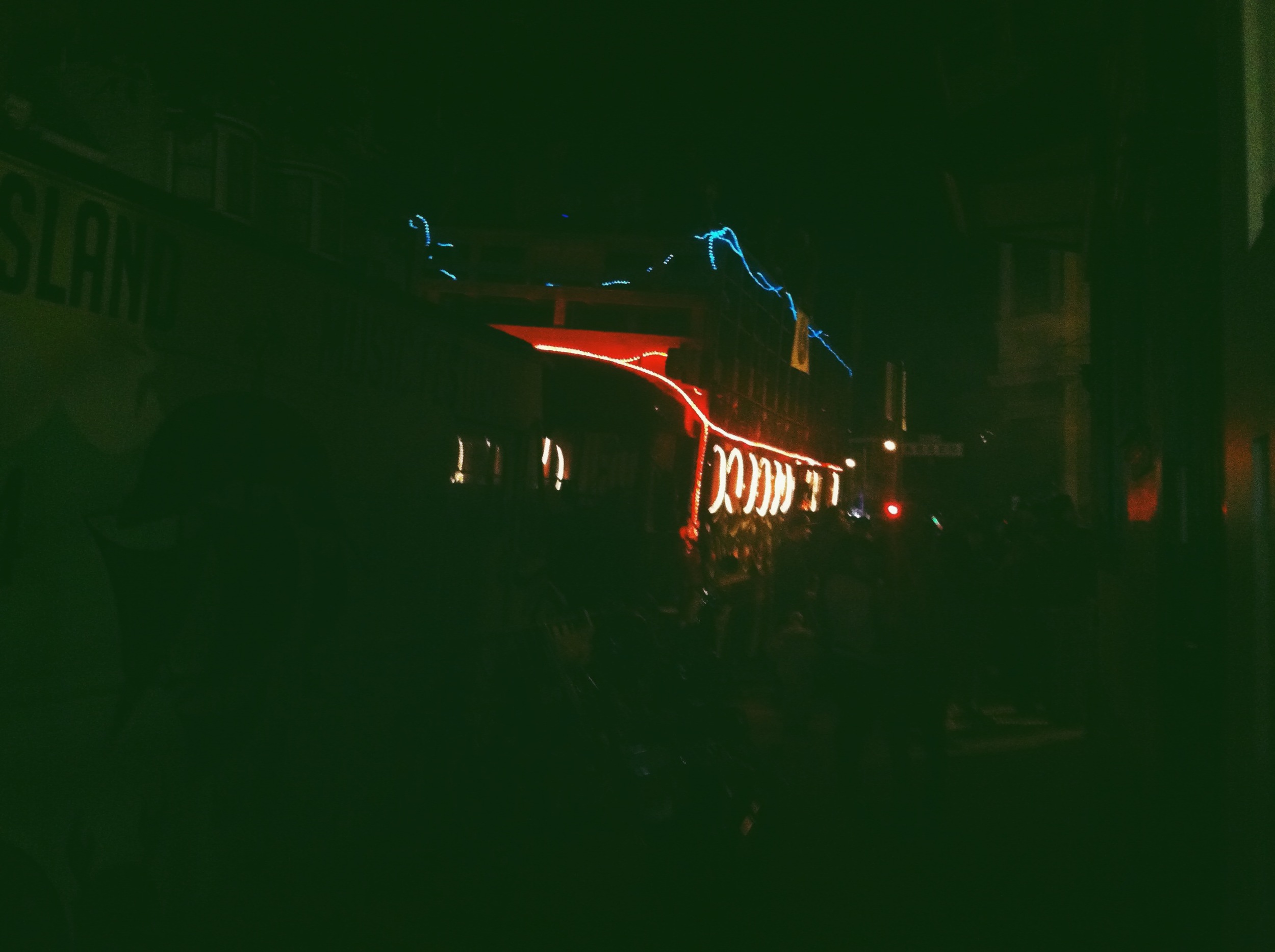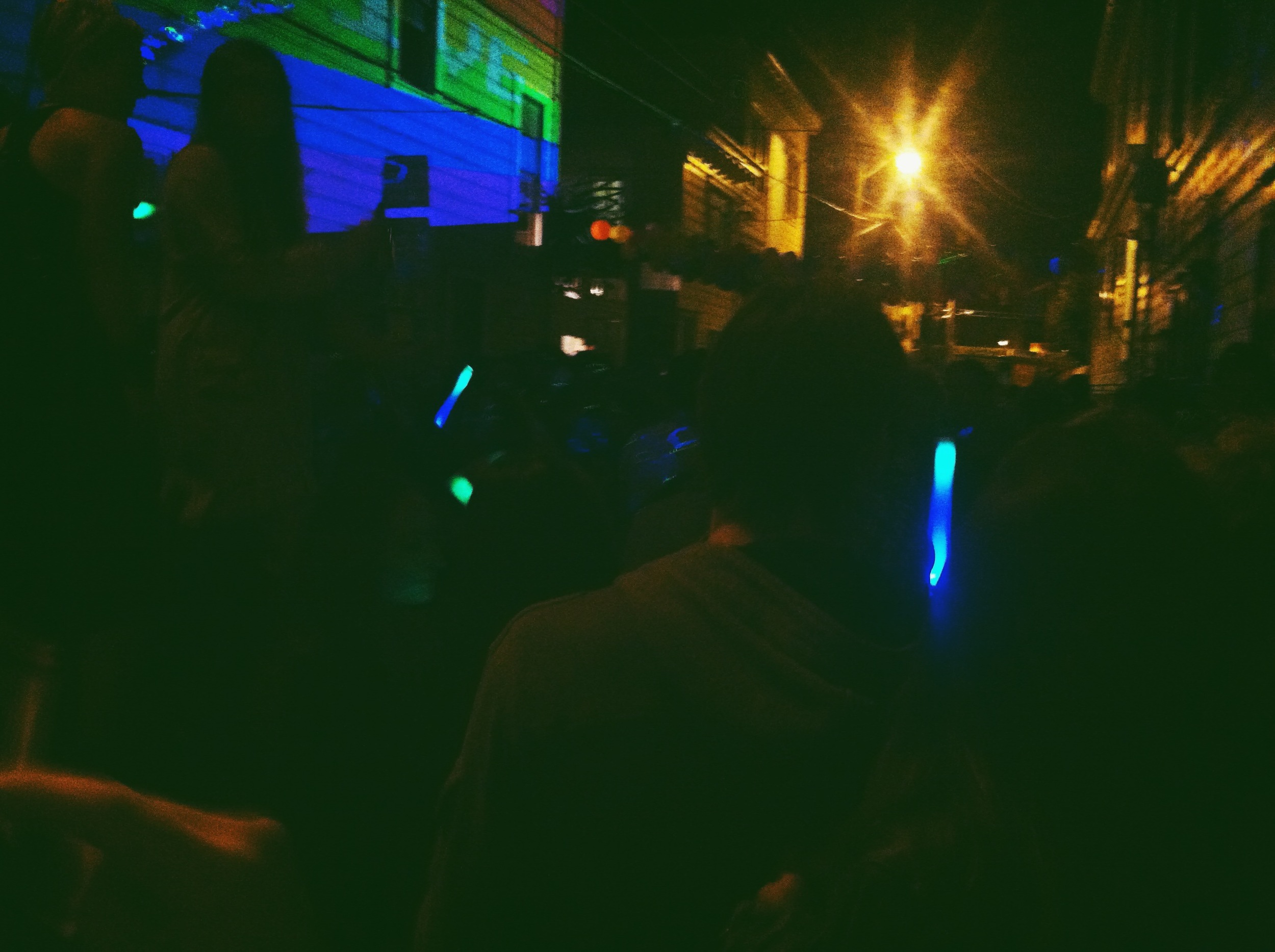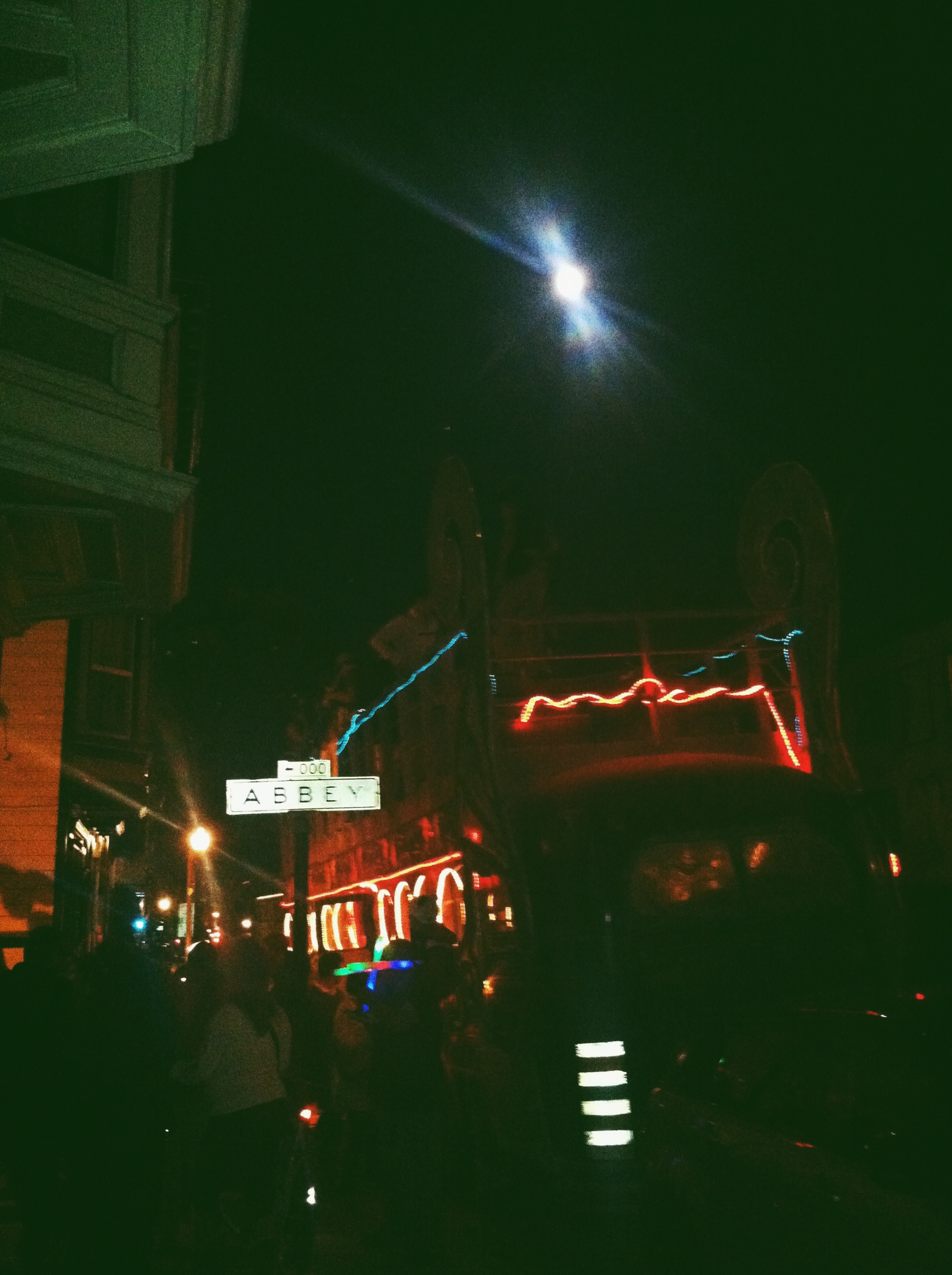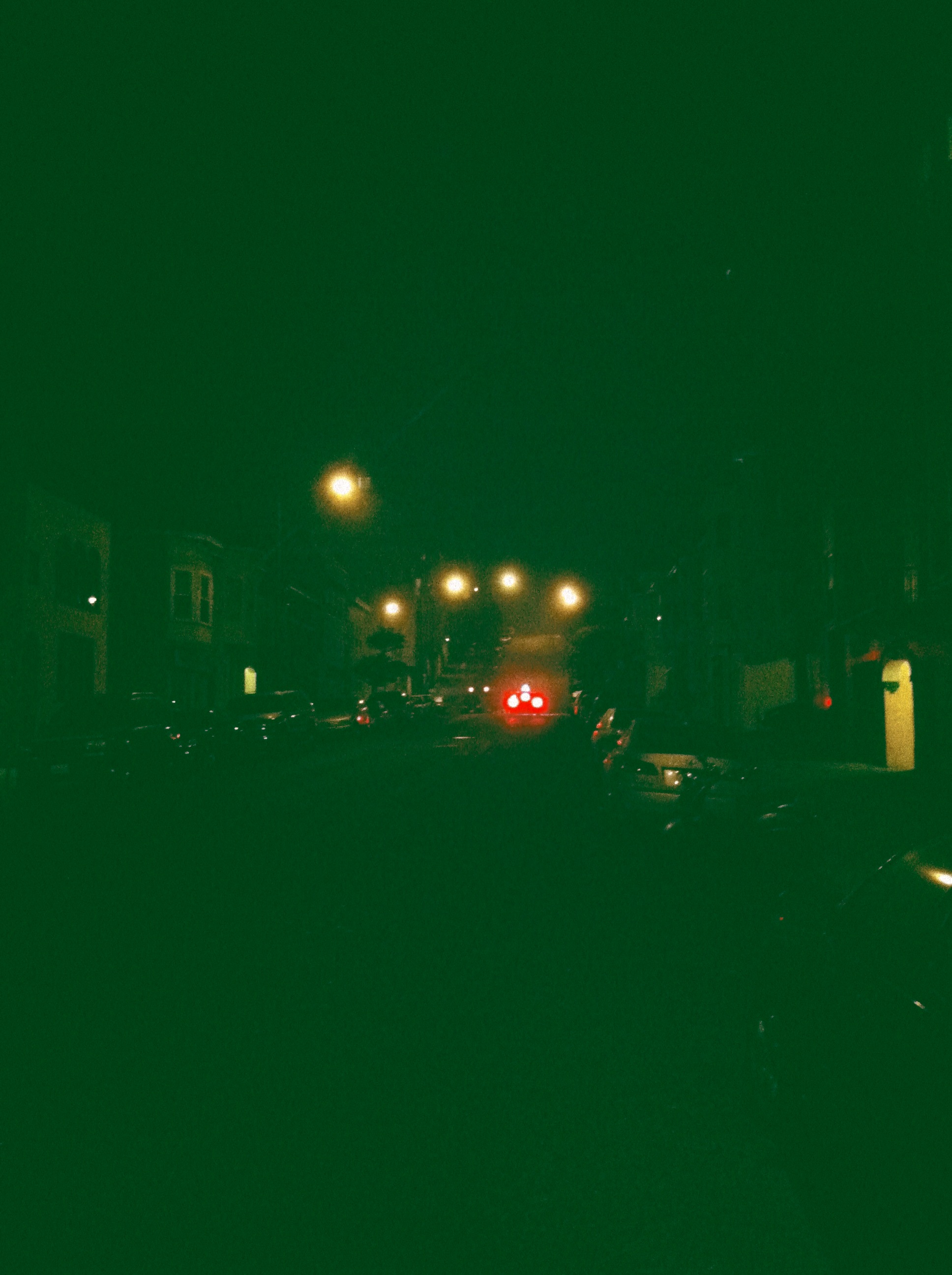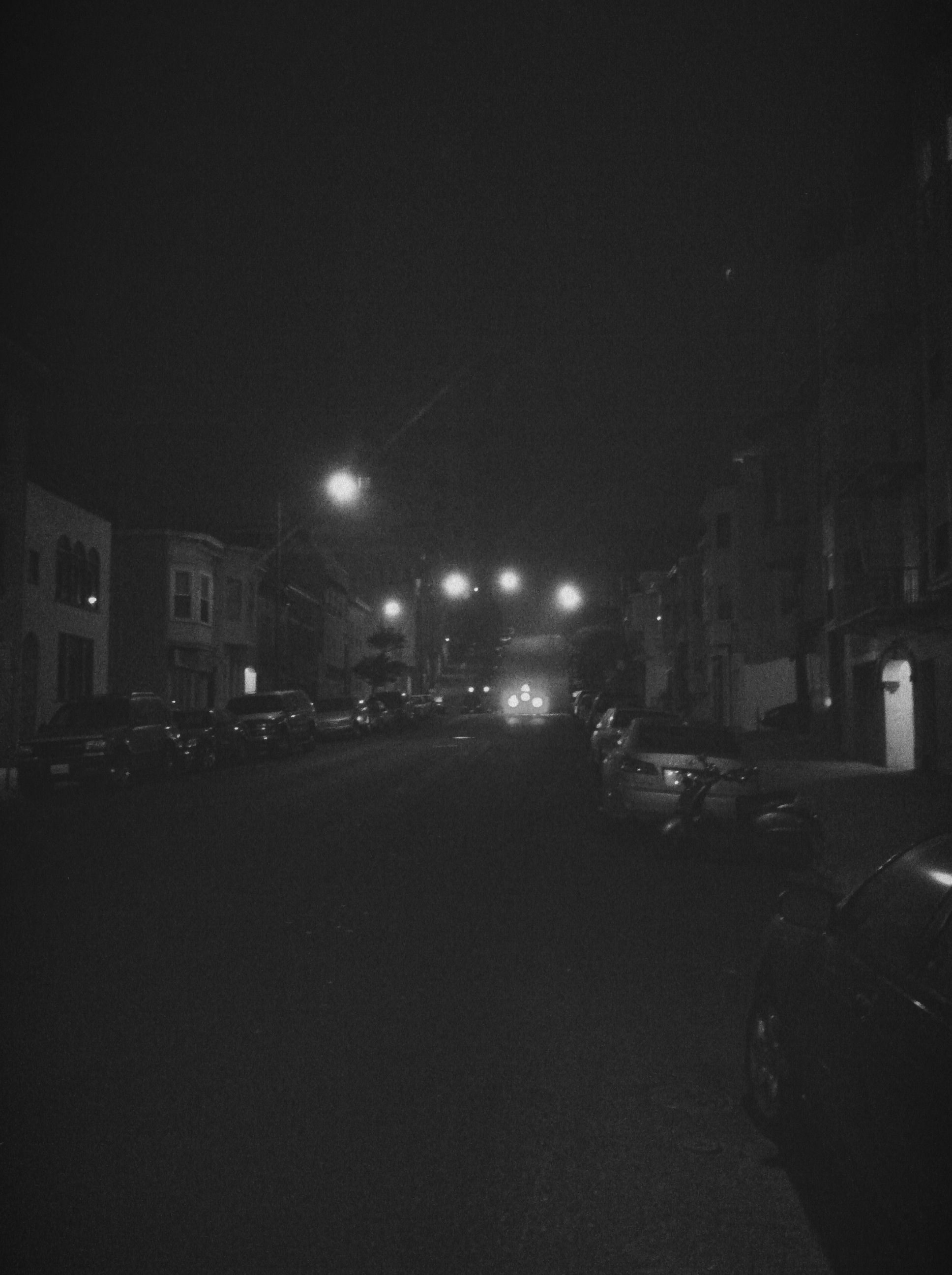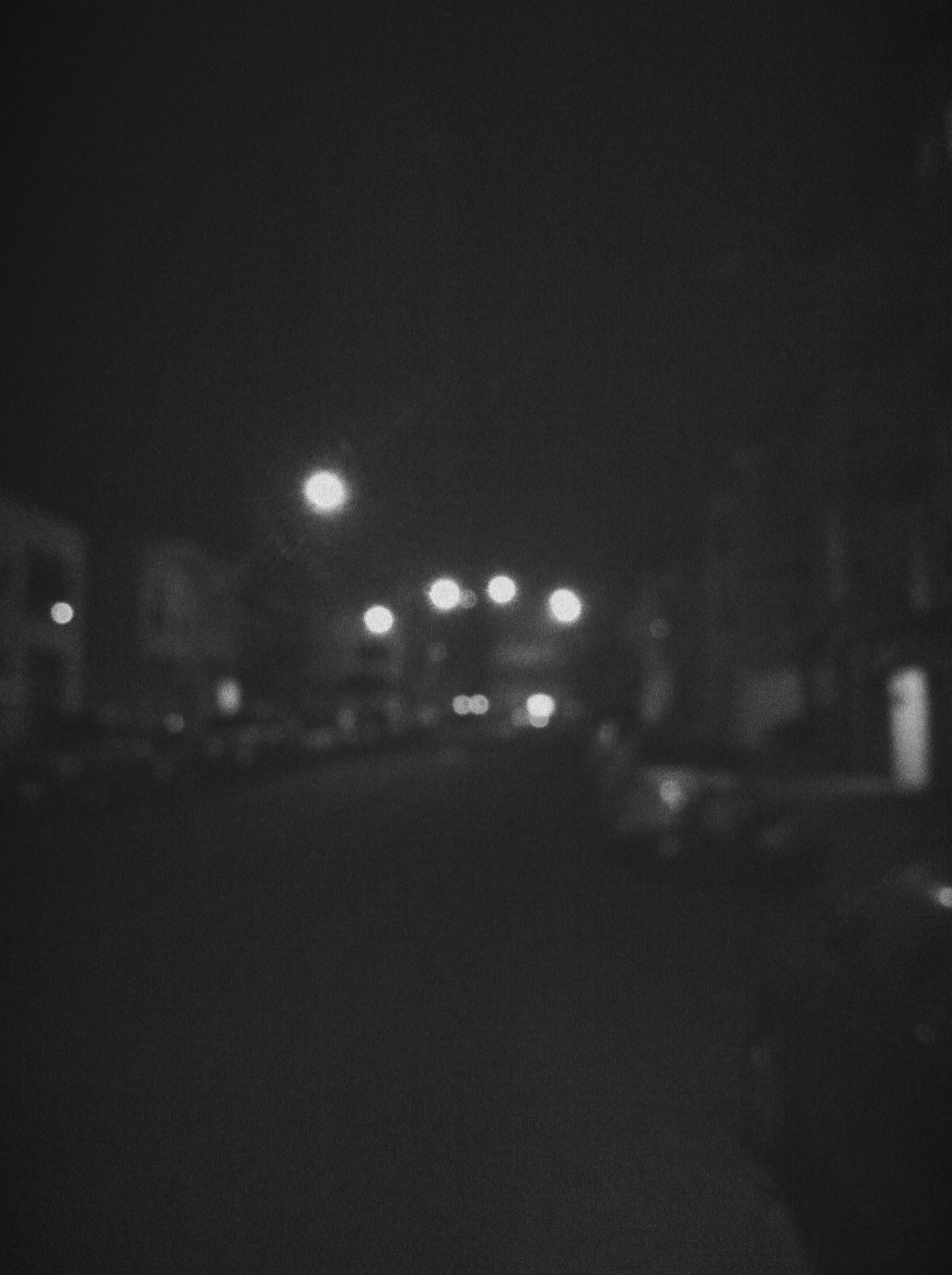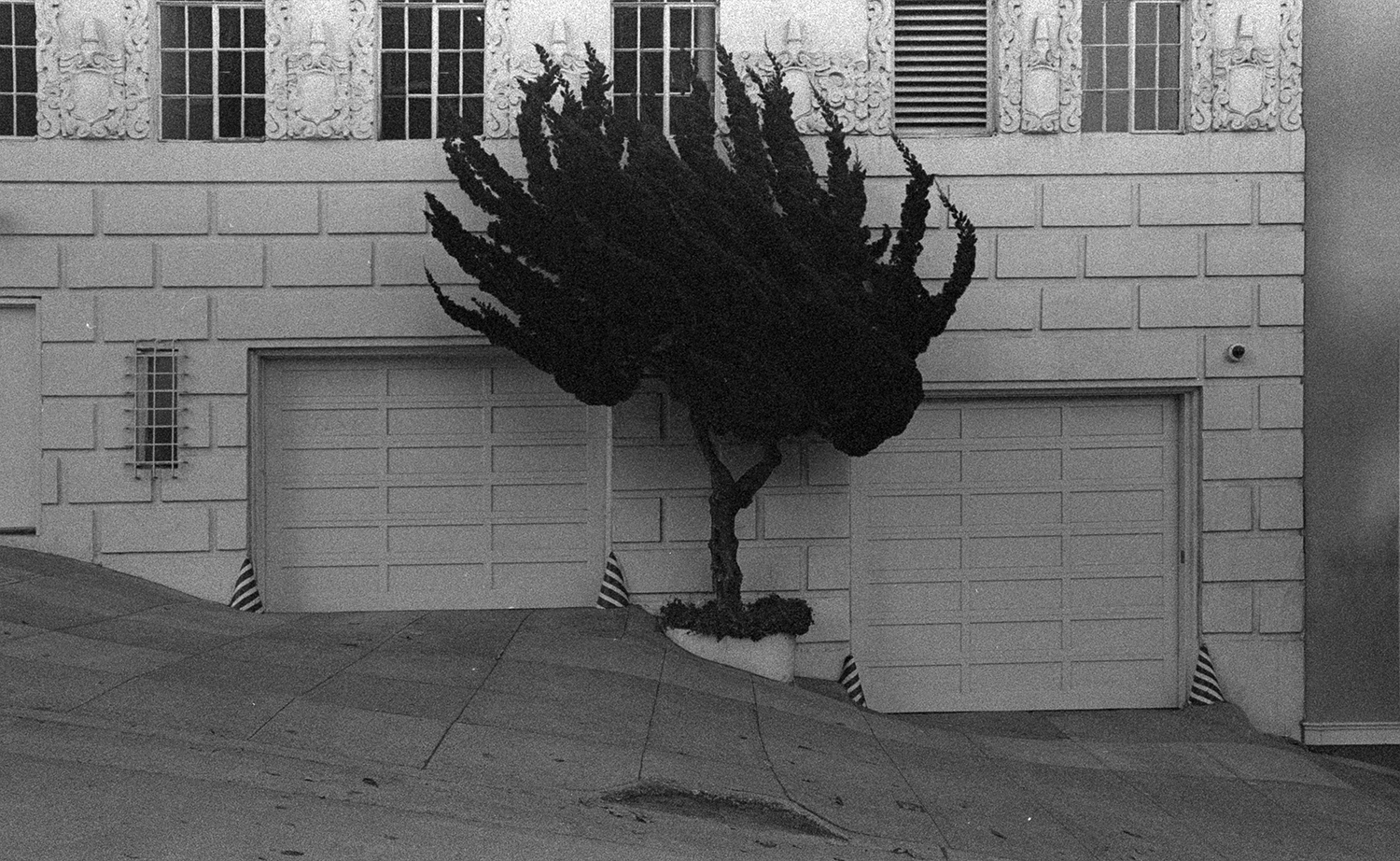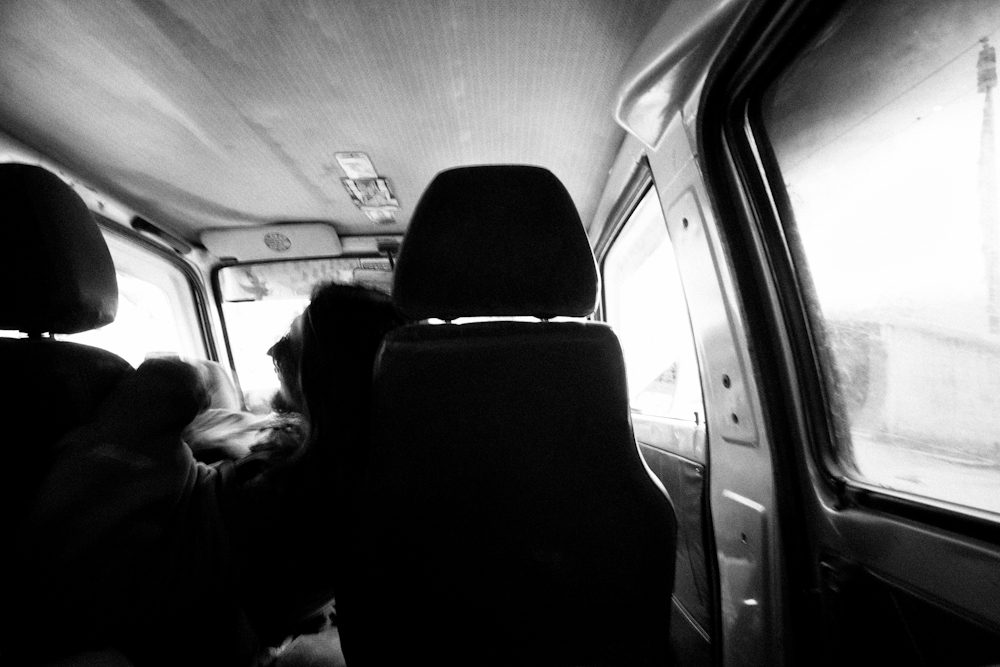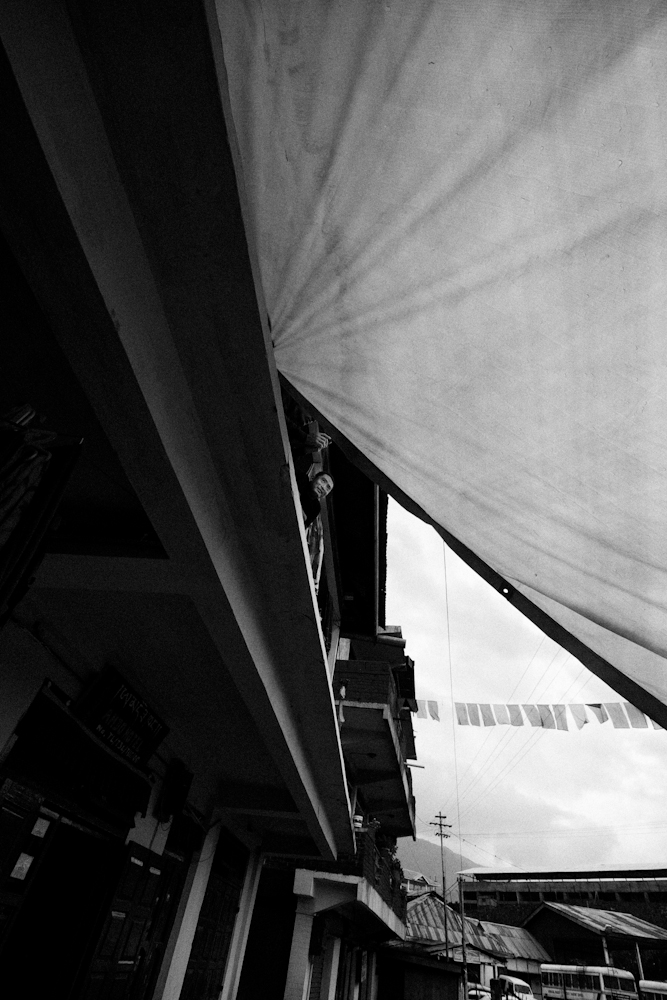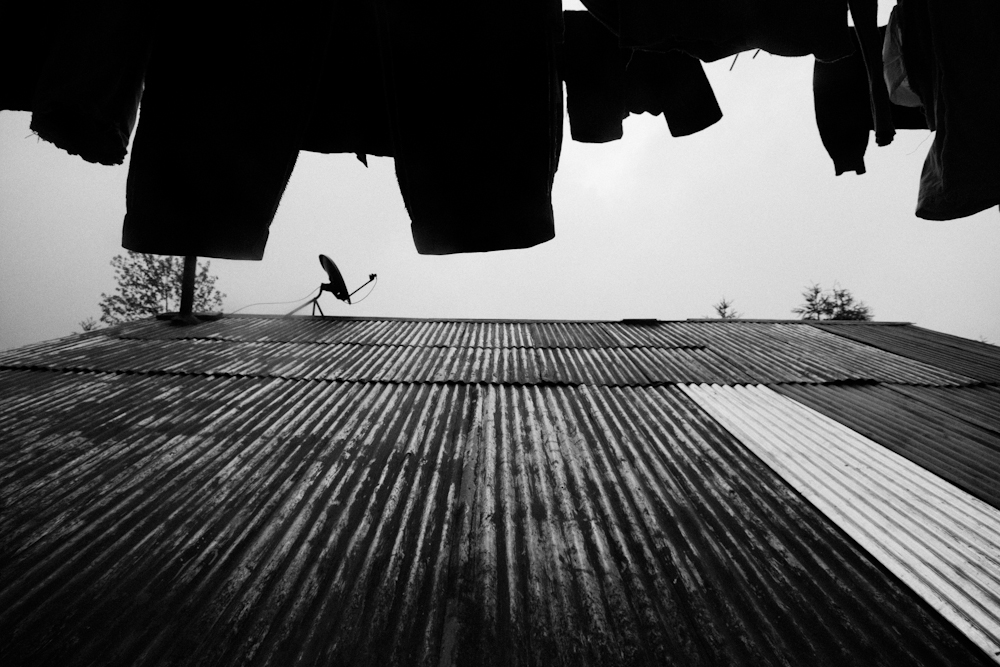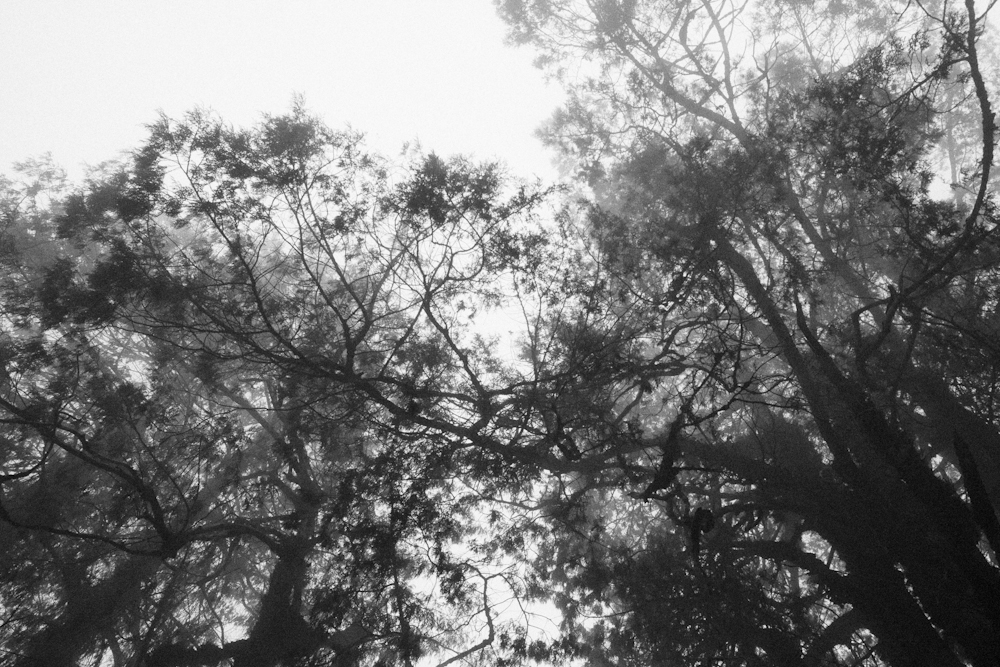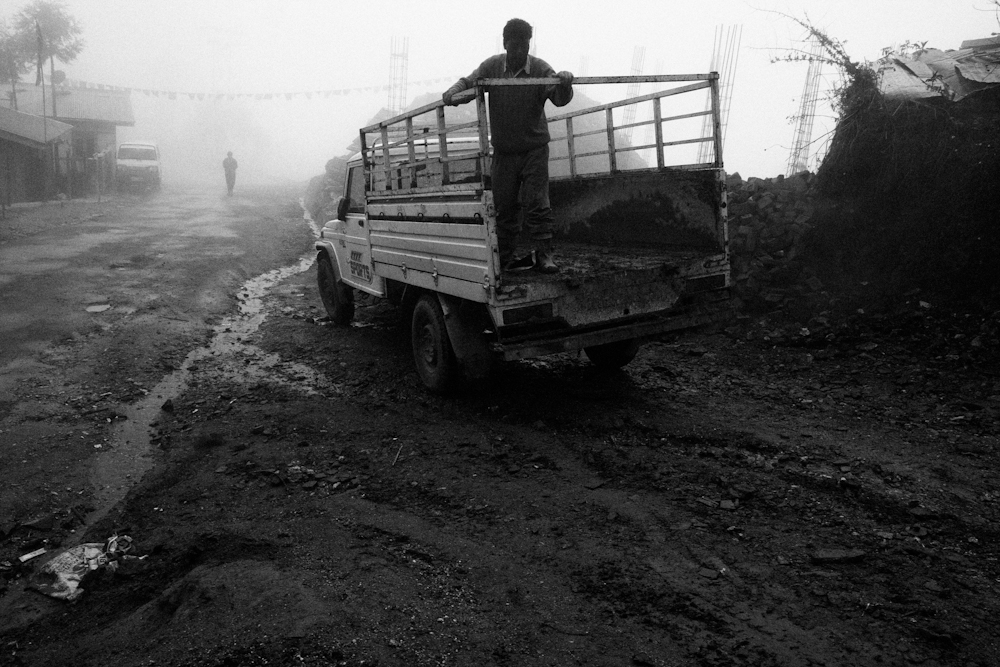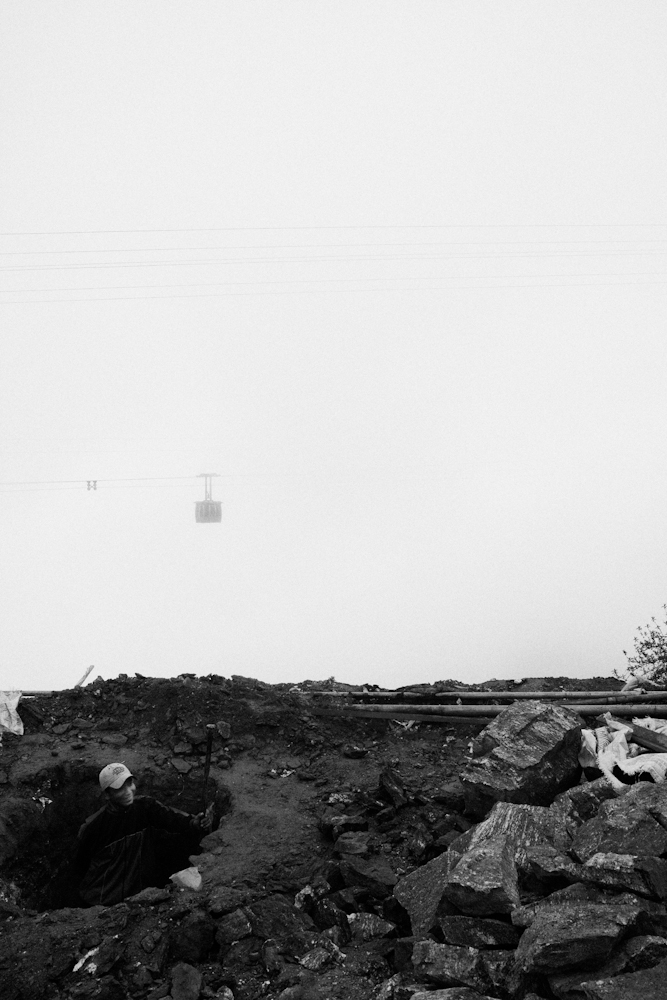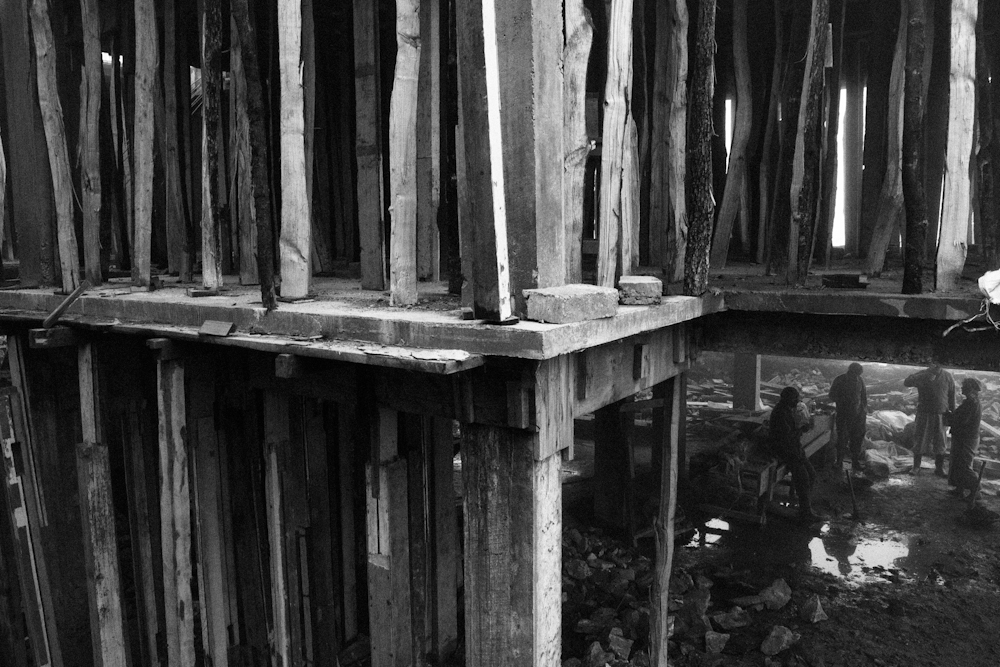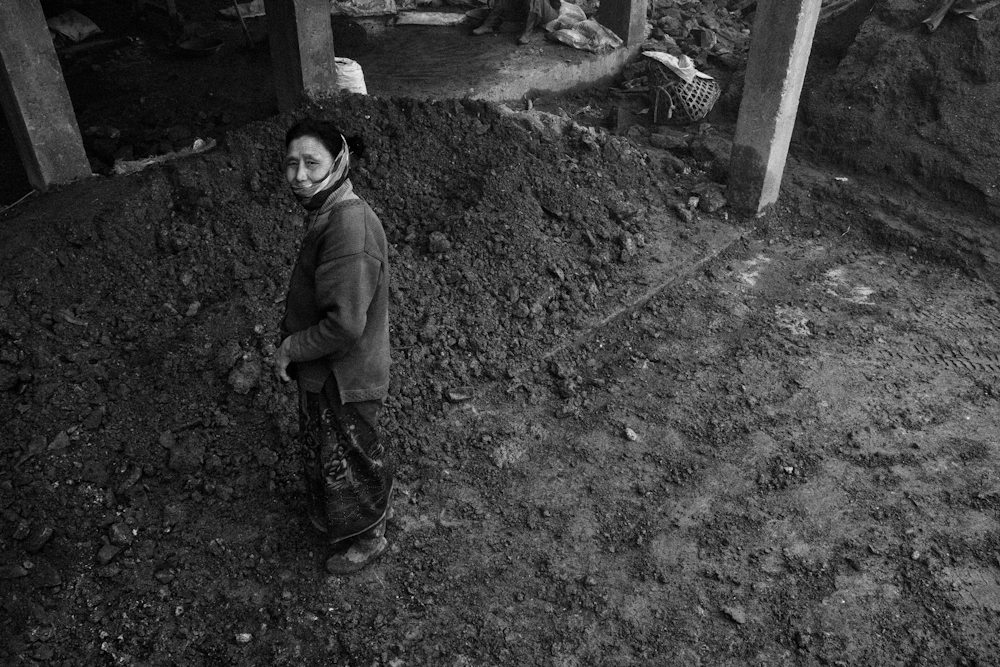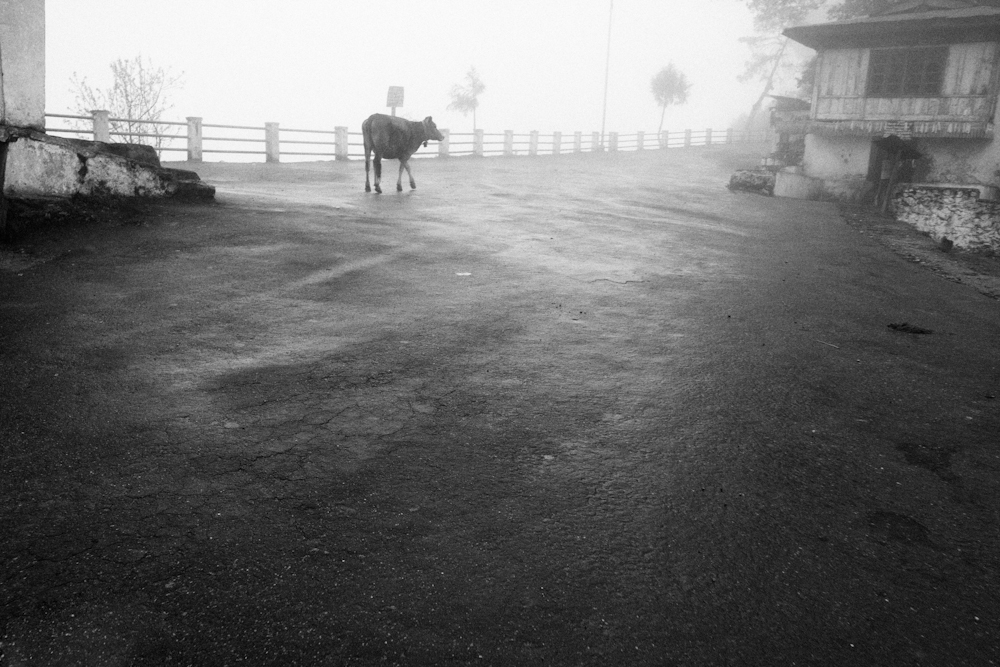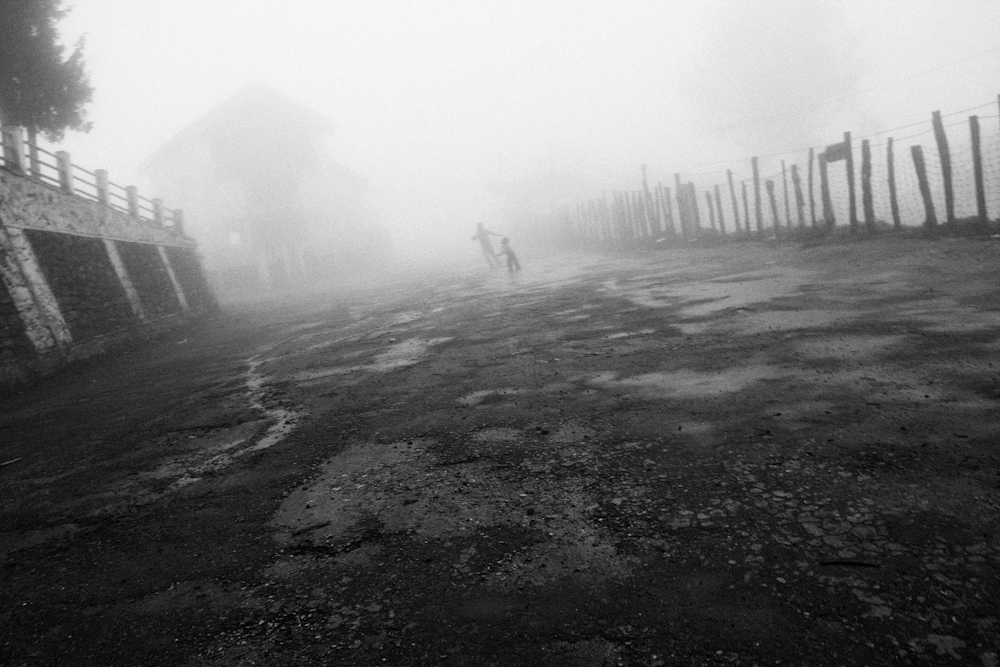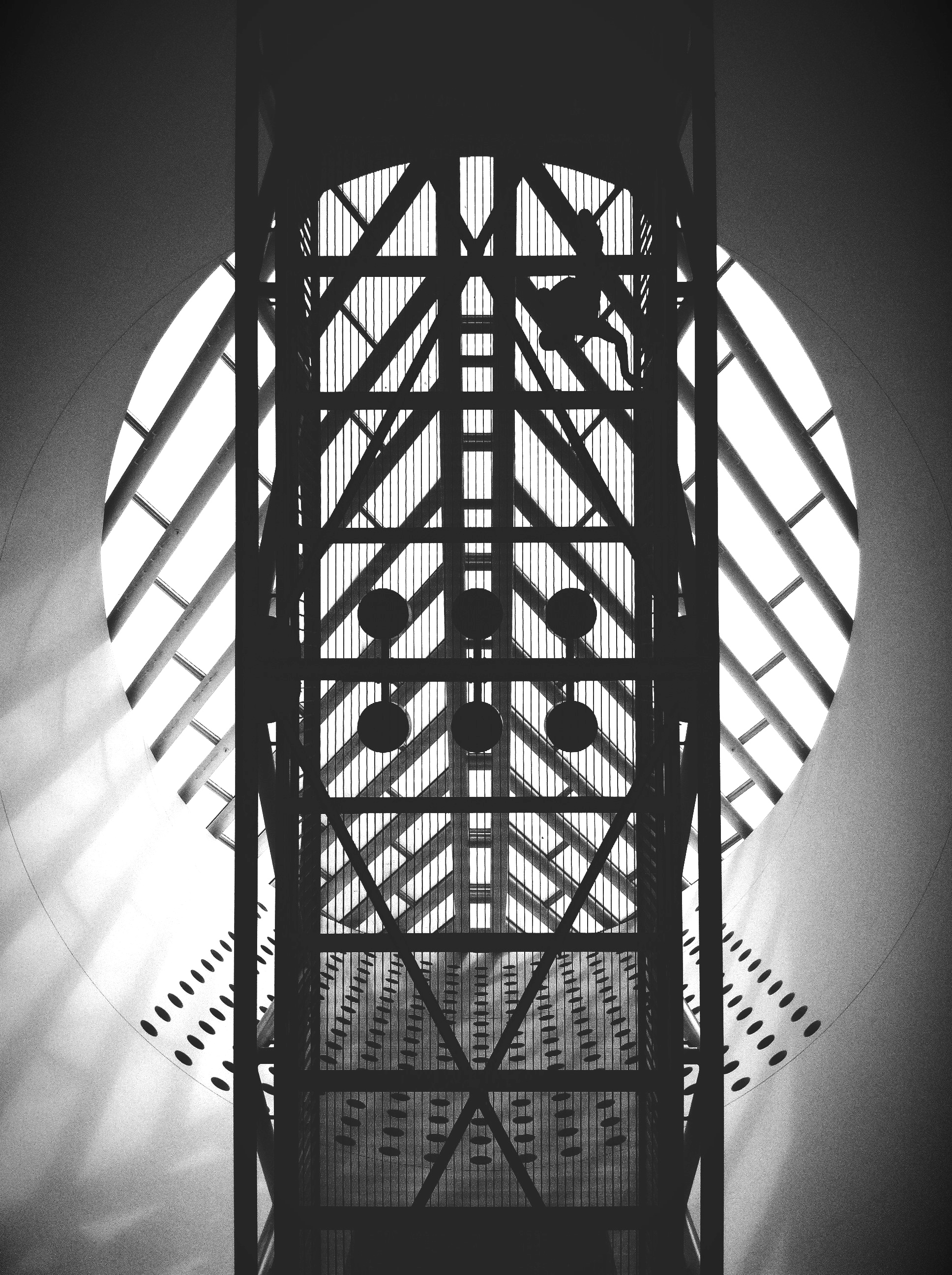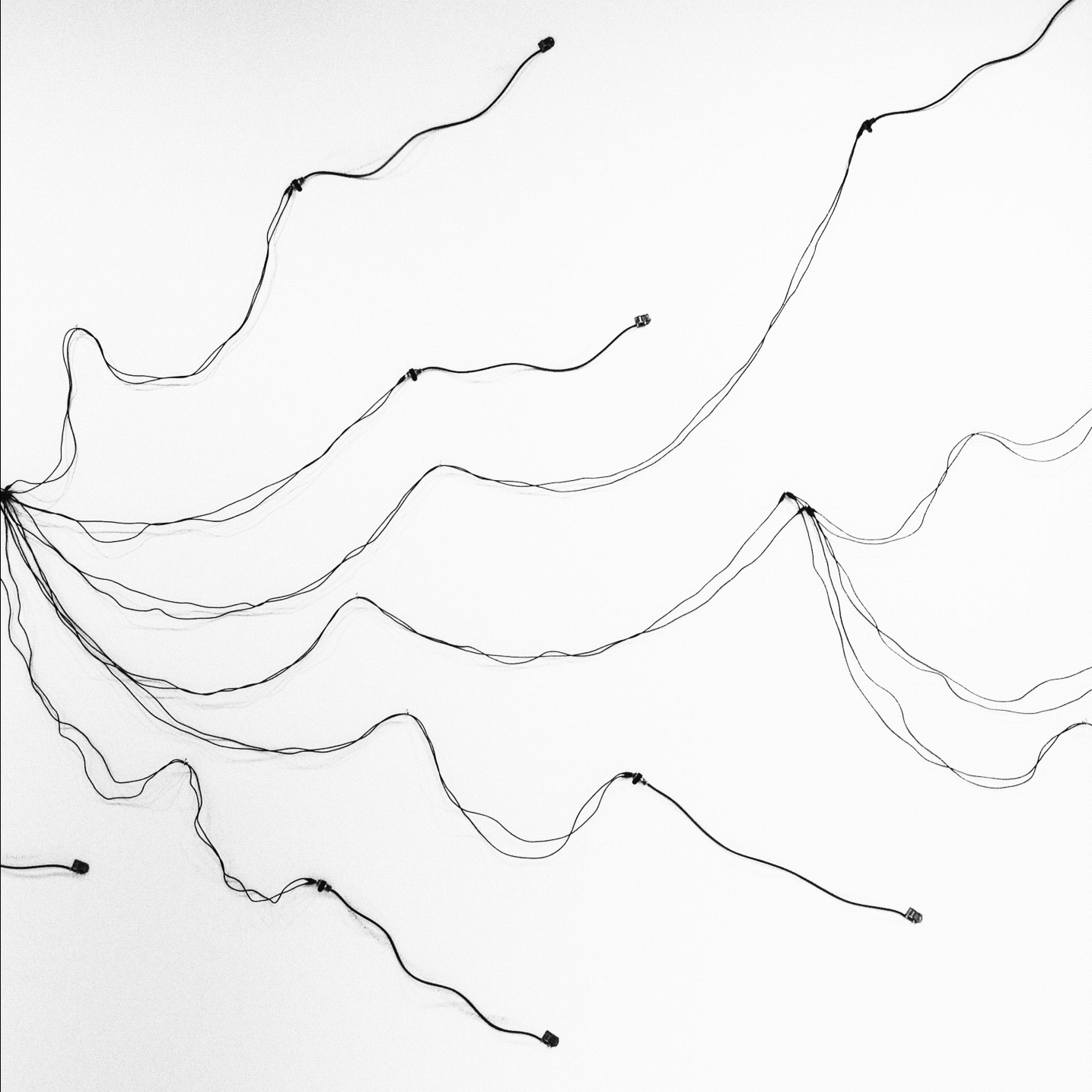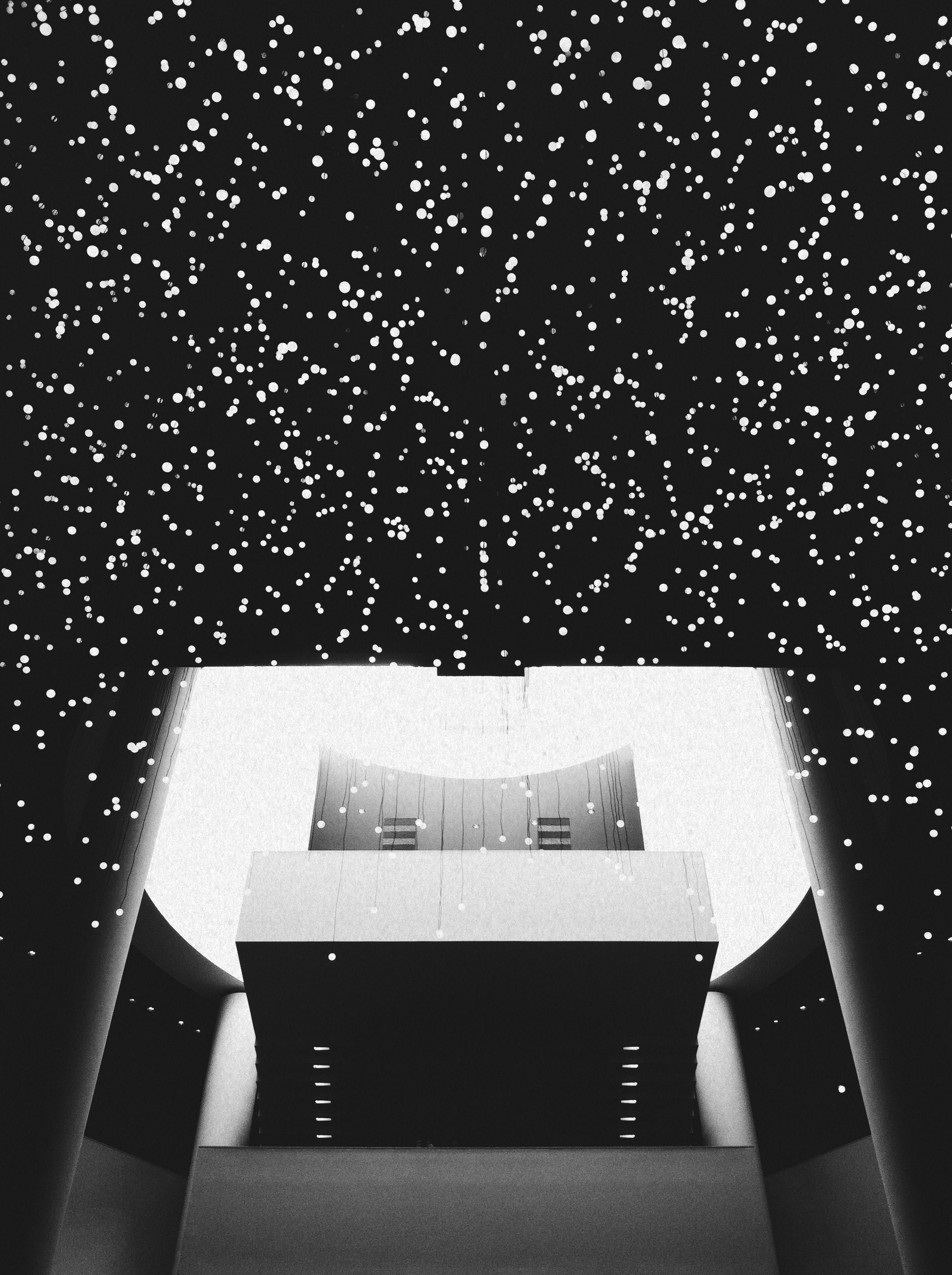The philosophy by which I live my life, my code of existence, was handed down to me by the most fake, artificial person I have ever known. A fake persona, a ghost. That person does not exist anymore and I’m not being metaphorical, I’m being literal. I’m terrified by that truth.
It’s a simple one, her philosophy, rather obvious really. But at the time I needed to hear it, the ghost gave it to me, and it changed my life. Perhaps if I were religious, this ghost would be a god. But I’m not. This frightens me, and by as much effort on my psyche, I am thankful.
Anyway, that philosophy is mine now. And I throw it around sometimes. I hope whoever it hits thanks the ghost that threw it at them.
Today was one of those days. I heard the ocean call my name and I had to heed her call. I rode the train to Ocean Beach. I’ve always wondered about the off-white phosphorescence in the trains. It makes people look sick, almost jaundiced. But today was one of those days where I just wasn’t interested in the people. Don’t get me wrong, I love my strangers, I really do. But today they bored me. Today I did not care. I put on my headphones and let the music fight away my reality. Somewhere during my journey between wonder and heartbreak, the train stopped at Ocean Beach. It was the last stop. Otherwise, it might have been a very interesting train. “Ocean Beach”, the conductor called in a Chinese accent that betrayed a boredom drowned in alcohol. I like that name. Ocean Beach.
It’s not a train per se, this weird hybrid that the San Francisco MUNI runs. It runs on tracks, but it follows the traffic rules when above ground, making it, effectively, a bus. So when I say the train stopped at Ocean Beach, just think of a bus parked curbside by the beach, in the dark, its silver sheen responding to the poetry of the moonlight. It was a full moon night.
Just by the stop was a little cafe, where I stopped quickly for a hot chocolate. I carried it with me, through the dunes of sand, until I was directly facing the ocean, the city dark behind me, in the shadow of the massive sand dunes that San Francisco rests gently behind. I took a sip of chocolate, using the cup more for its warmth, than its content.
Orion was low in the sky, the way I’ve never seen it before, and I do keep my eye out for Orion because it is the only constellation I know. Every time that I trace the dots that form the hunter, from his head down to the bottom of his magnificent sword, I am filled with pride, a pride that accompanies a sense of accomplishment. But Orion was not the only spectacle in the sky tonight, the whole gang was out, the moon was full and the sky was cloudless as if dissolved in the moonlight. I was surprised at how the light from the city did not pollute the night sky, but Ocean Beach is all the way at the edge of the city, far from all the action. The air was frosty and damp. The waves crashed upon the shore without repose and the spectacle of the sound was reduced to a wet rumble from the ensemble. I missed the crisp, emotional crack of the lone, falling wave. I turned my back to the ocean and resumed looking at the stars. The moon was as near as the street lamps, tonight.
“So dark, indeed, the secrets that you keep”, came a voice from behind me. I turned around and saw the silhouettes of three people. The voice that spoke, was that of a man. I also saw another man, and a woman. He was not talking to me, or to anybody, really, as he stood looking at the bejeweled sky, but I answered anyway.
“Indeed.”, I said. “The nights are always the same, wherever you are. Everything is unified in darkness.”
“But we are walled by our secrets”, she said. “We may be unified, but we remain guarded from each other, by our own darknesses.”
I thought about that for a while. The three of them were from Europe, I assumed. I did not ask them, and I could not see their faces in the dark, but I could hear the German and French in their accents and the music in their voices. They smoked their cigarettes and listened to the waves. I could also hear the occasional car tearing through the Great Highway that stretches the length of the West Coast of the United States.
“What do you miss?”, one of them asked me.
“I miss being around”, I said. And they nodded and agreed before I could finish my sentence so I let the silence complete my thought.
I also thought about that for a while. I thought about everything I miss. I thought about what it means, to miss. “What do you miss?”, I asked the shadows.
“Oh, we miss everything, so far we’ve missed two trains and one plane, and soon we will miss the bus.”
I laughed, I think. I missed missing things for a while. Trains, planes, buses, appointments, birthdays, dinner. And so I thought about that for a while. One of them pointed to the horizon and said, “that’s where infinity begins”, and one of the others said, “or ends”.
I felt an absence that manifested itself as a haunting presence. It is a feeling that I both dread and love at the same time, I know it only too well. It creates a wound that I can then dip my quill in, drawing blood from it like it were ink from an inkwell. Inspiration, when it rises out of an emptiness, is tangible to me. It hurts, the wound really does hurt, when I draw from it. But it is what makes me happy. I missed my camera for a while, and then I pulled out my phone and took a picture.
They say that inspiration strikes. Yes it does, it strikes and it wounds and it tortures and it heals. I could feel a sneeze coming, and I really wished to savor it, so I shouted a goodbye to the retreating shadows and they shouted back as I sneezed. I watched as they disappeared past the dunes, leaving me alone once again.
“Don’t miss us”, the lady said.

